
Alex Richey
@RicheyAlex
Husband to @ashleyrichey_ | Member at @CliftonBaptist | MDiv @SBTS | Neo-Calvinist
Most of you probably wonder who this Geesink guy is I post about. Wonder no more! I translated the recent biographical sketch on the @VUhistoricus site, & they have graciously posted it. I hope you enjoy reading about the neo-Calvinist ethicist! geheugenvandevu.nl/blog/grave-wil…
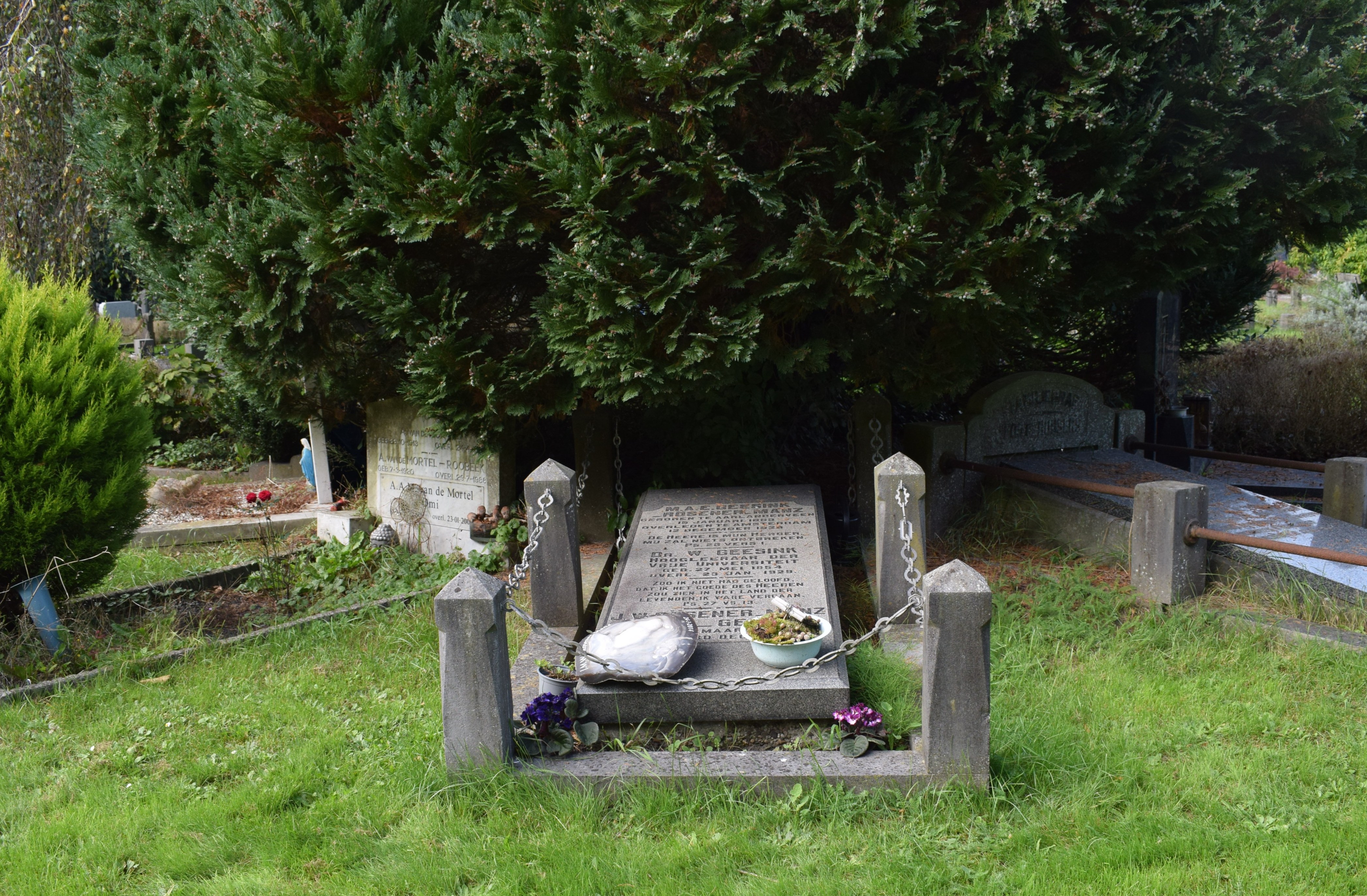
Older Reformed ethics works had beautiful artwork in them. The first is from Pictet's Christian Ethics (Dutch edition, 1720) and the second is from Alletree's The Whole Duty of Man (1706).
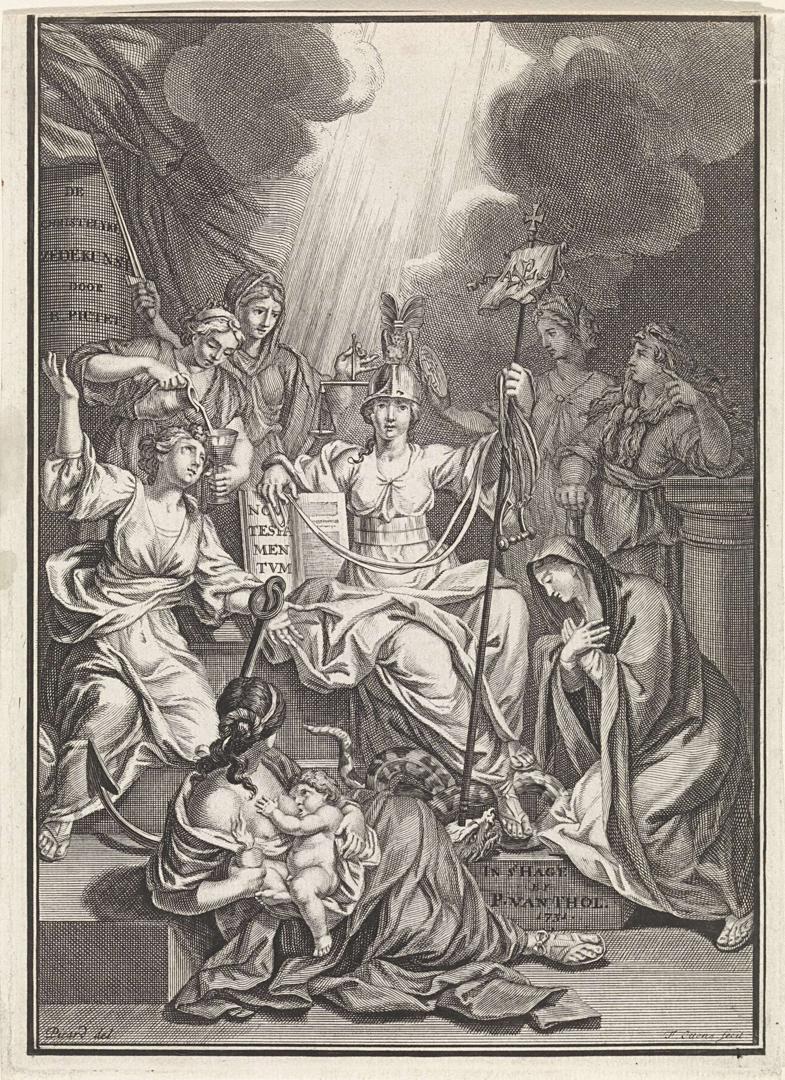
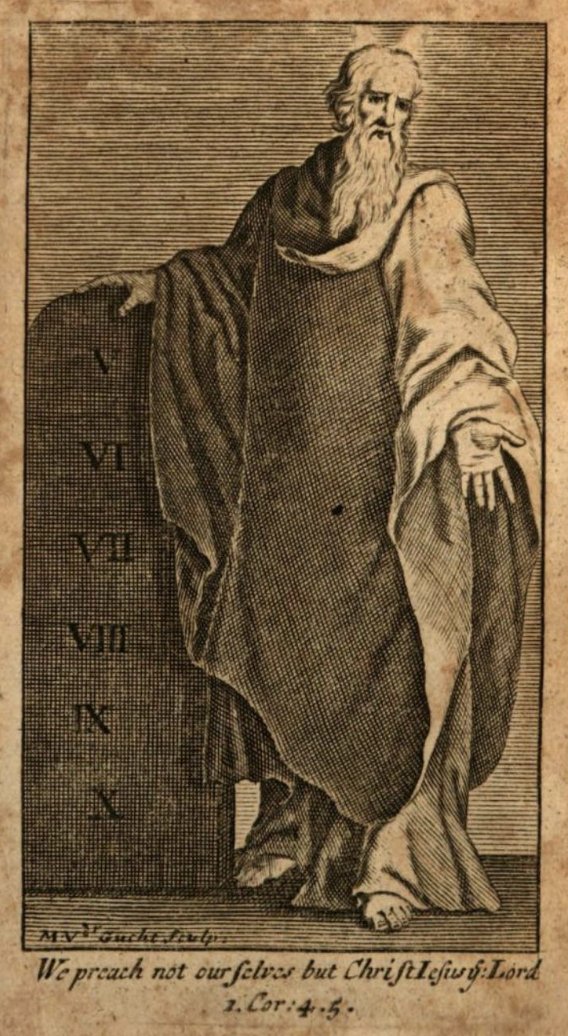
It’s always nice to see Prof. Geesink mentioned on the timeline. You can find this quote in his “Ethics in Reformed Theology” address here: drive.google.com/file/d/1OOCBJ8…
Mind the gap between general revelation and natural theology. GR refers to God's activity: using the instrument of creation (the world and human consciousness), he implants the sensus divinitatis in everyone; natural theology, however, is an activity of human reason, not God. 1/2
What is the psychological process of a moral act? Prof. Geesink lays it all out in this complex but handy diagram in his Reformed Ethics vol. 2, p. 10.
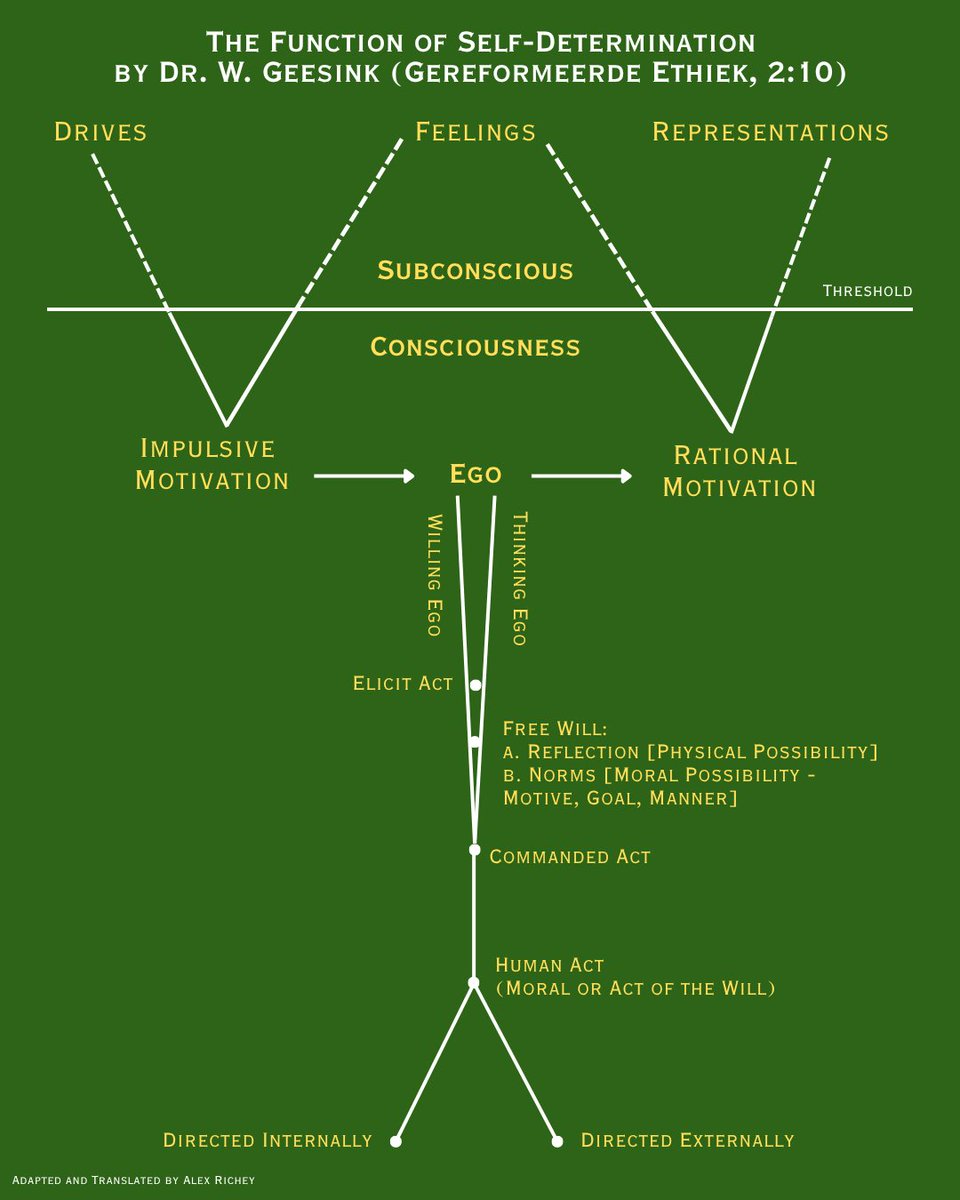
A moral act consists of - object (what the act is, must be according to the law of God/nature) - principle (faith) - ends - circumstances (time, place) All must be good for it to be good. If one is not good, it’s sin. If the object itself is sin, then it’s intrinsically evil.
While I would affirm Dr. Strange’s reasons for opposing surrogacy, he never gets at the heart of why it’s sin: procreation/union are severed (& has a 3rd party). It’s also concerning that an SBC prof would say altruistic surrogacy is not a sin (at times). cbmw.org/journal/surrog…
I’ve thought for awhile (w/ the help of Bavinck/Kuyper) about the sexual act being an organic unity ontologically and phenomenologically striving towards the ends of procreation & union. This article from Pruss helps confirm that idea! Will be helpful for my ThM.
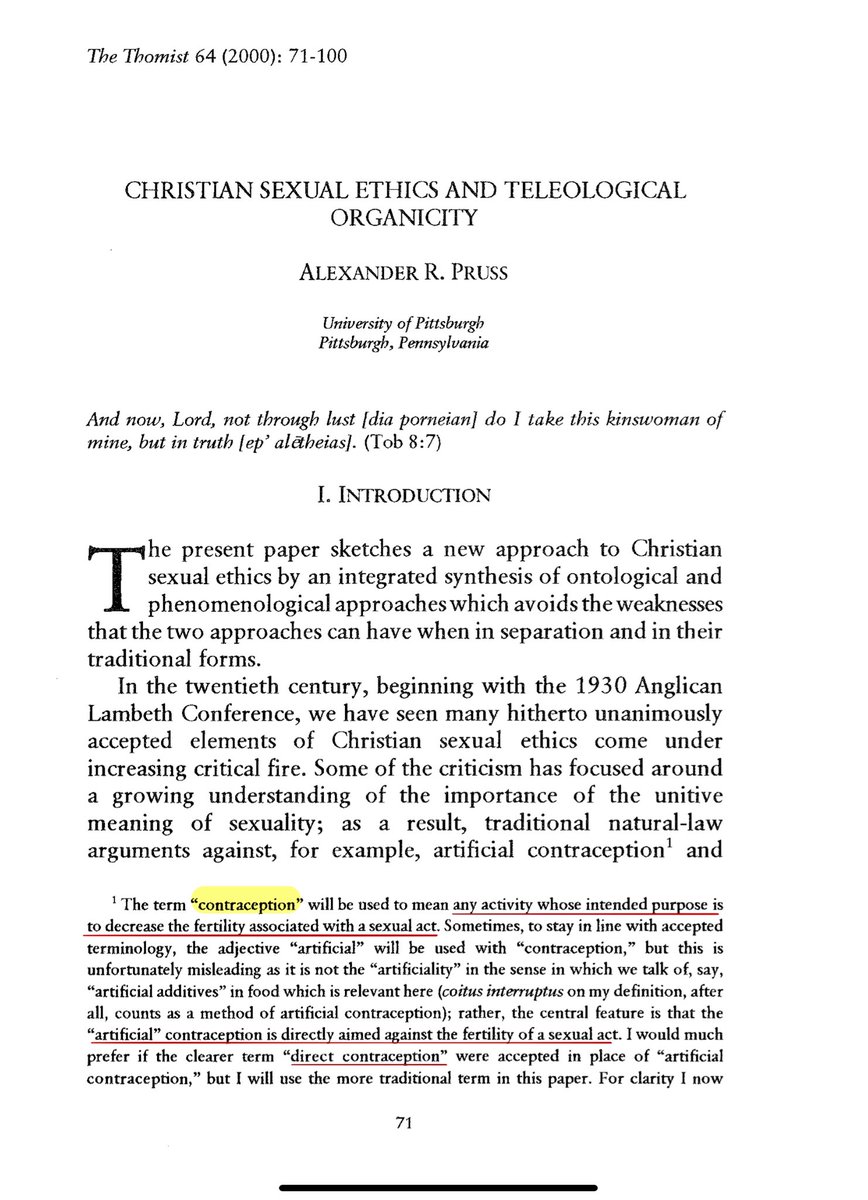
Wow, Dr. Jess Joustra going to Calvin is huge! This is great news for Bavinck studies in America.
Synod delegates applauded as Joustra re-enters. Joustra is welcomed to Calvin Seminary and prayed over. Both Joustra and Michelson will begin in the 2026 academic year. #crcsynod
Calvin is evading my question on this verse... P&R friends, what are the best and most helpful resources on this passage, particularly on the phrase "they shall all know me"? (P.S. Calvin does end up briefly addressing the verse in the subsequent lecture)
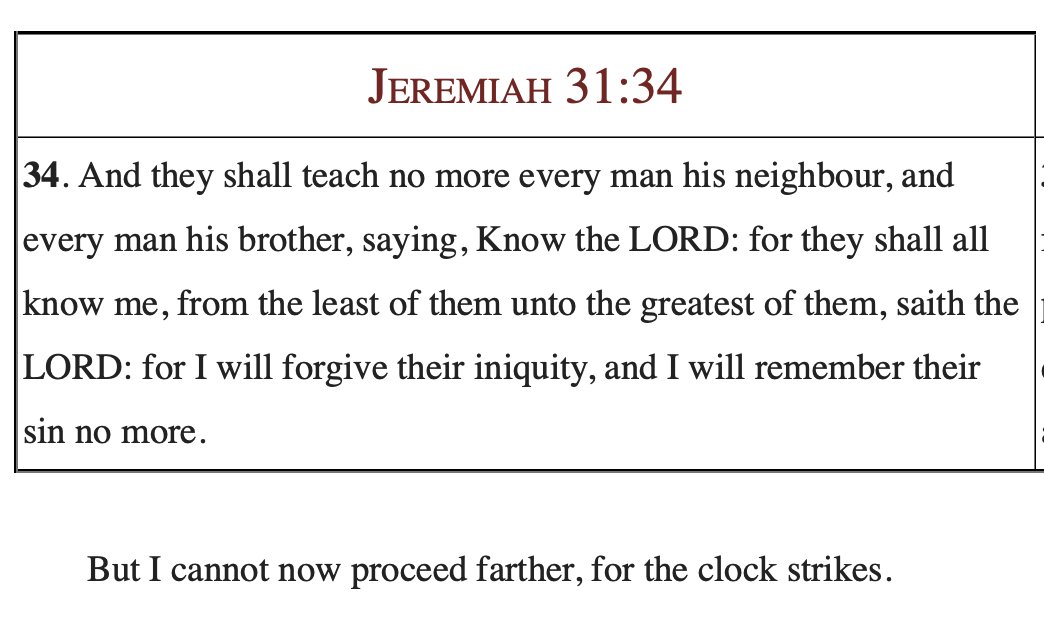
What the Father, Son, and Holy Spirit each signify and seal to us in baptism: [From the Christelijke Gereformeerde Kerken Baptismal Liturgy]
![RicheyAlex's tweet image. What the Father, Son, and Holy Spirit each signify and seal to us in baptism:
[From the Christelijke Gereformeerde Kerken Baptismal Liturgy]](https://pbs.twimg.com/media/GtVw39sXoAAUxWB.jpg)
Jesus did not come to institute new civil order for our human life, but rather he accepted and confirmed the existing order of affairs. What takes place is not the addition of something new, but the restoration of the old that was corrupted.
This is a must listen episode. The consequences of IVF and surrogacy are detrimental and often times horrific. There is never a moral case for these practices.
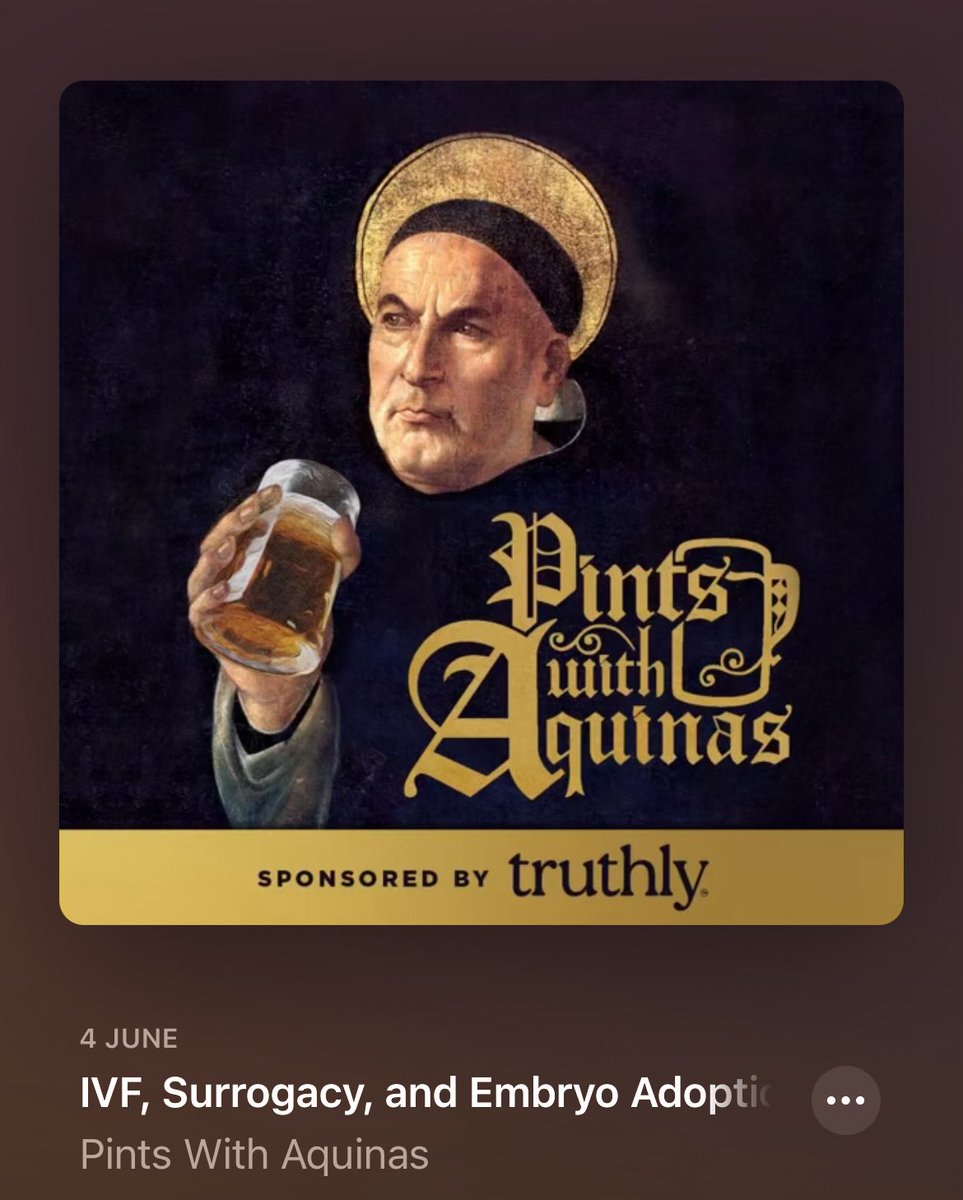
“An unshakable foundation will again be laid under state and society, under jurisprudence and morality, under science and art, when they all rest in the ordinances of God.” - H. Bavinck Contemporary Morality has quickly become one of my favorite Bavinck essays.
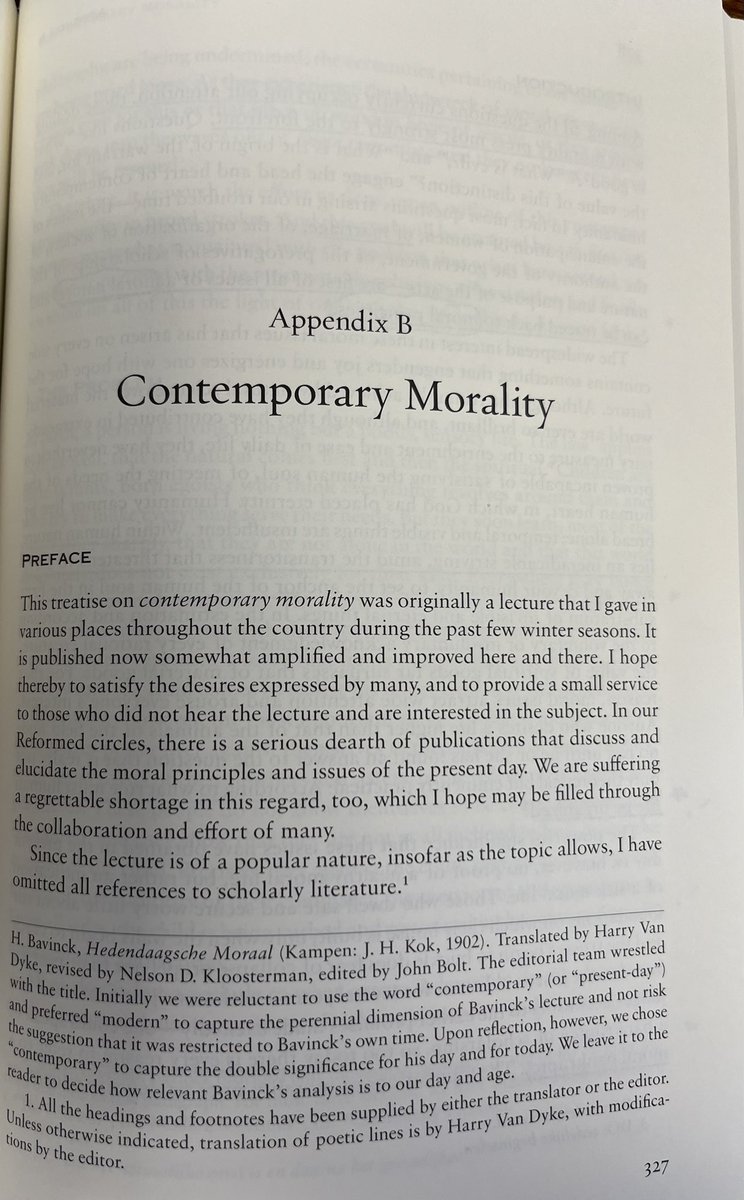
The divergence of views evident in the history of morality among various nations proves only that the human intellect is darkened, the insight of reason is deficient, & it requires a revelation of God's law as given to us in Scripture. - Bavinck Scripture/natural law go together
The Decalogue must be read in light of its prologue and Exodus 19. “I have redeemed you, now live this way.” This was a good reminder from Dr. Duncan in his lecture on the Mosaic Covenant.
One thing that is missing in modern ethics is a discussion on the means of grace (Word, sacrament, and prayer). They are discussed in nearly every work of Reformed ethics, including the catechisms, as the means whereby God strengthens and encourages our moral life.
